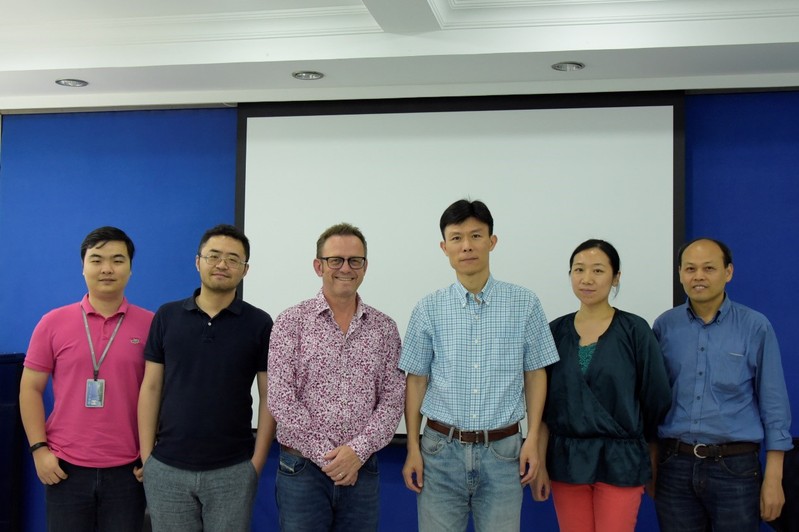
On June 21st, the 13th lecture of Fudan - LSE lecture series was held in Humanity Building, Fudan University. Richard M. Walker, Professor at City University of Hong Kong, delivered a lecture entitled “Best Practice Recommendations for Replicating Experiments in Public Administration”. He introduced the importance of replicating experiments in public administration and how to conduct it. This lecture was chaired by Yijia Jing, Dean of IGPP.
Richard M. Walker served as the director of Public Policy department in City University of Hong Kong and the president of the Public Management Research Association (PMRA). His main research interests are in public administration theory, and his scholarship has been widely published in Public Administration Research and Theory, and he has published widely in Public Administration, Public Administration Review, and Public Management Review.

Professor Walker began the lecture with the interdisciplinary nature of public management. He pointed out that public management is an interdisciplinary and applied social science, which focuses on design and improvement of enhancing the effectiveness of existing policies. Public management at the micro level often draws on psychological theories, or behavioral public administration, which uses experimental research design to make causal inference. This experimental approach offers a new perspective on public organizations and public behavior.
As controlled experiments are increasingly used in the field of public management, replicating experimental research is becoming increasingly important. Professor Walker argued that the validity of replicative experiments in public management required more consideration of multiple variables such as internal factors, external factors, frameworks, data, and findings of the experiment. In particular, he noted that replicating was not the same as repetition, and that a reproduction crisis should be prevented.
Professor Walker reviewed the theme of replicating experiments in the social sciences. According to the different experimental methods and data, replicating experiments can be divided into six types and seven steps (i.e., determining the feasibility of the original study, assessing the internal validity of the original study and the replicating study, selecting statistical methods, selecting cases, determining conditions, determining validity, and determining the method of comparing experimental results). He concluded that replicating experiments could better identify the application scope of the original study.
At the end, Professor Walker had a Q&A with the audience, discussing the application scope of replicative experiments and its future in public administration.





